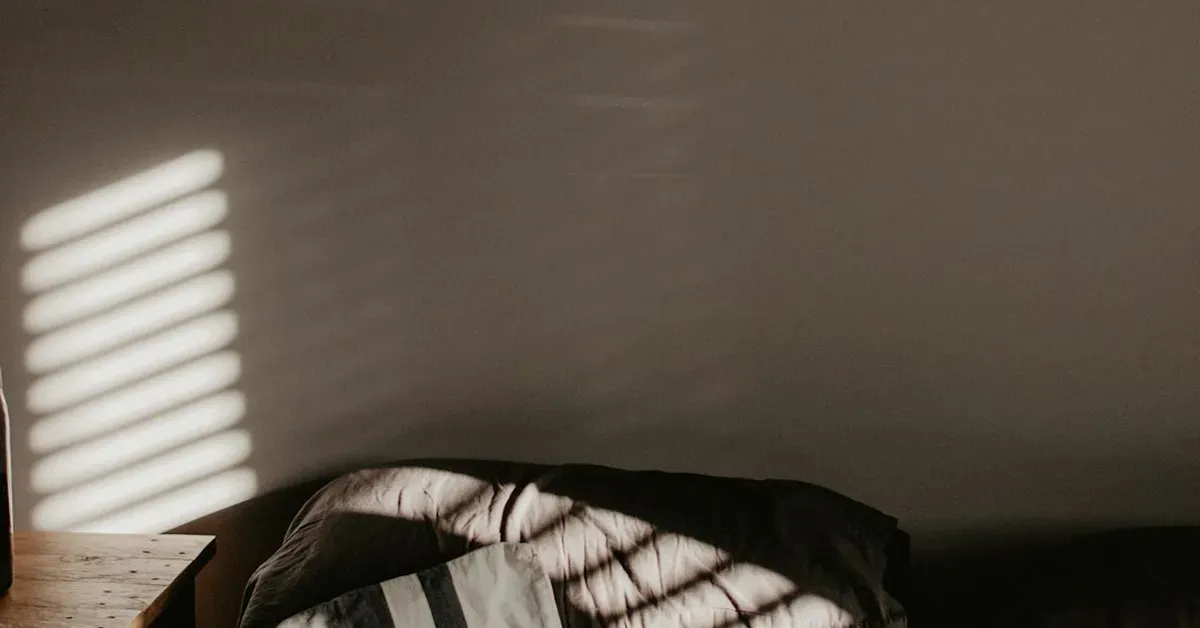
Your mattress might be watching you. That’s not paranoia talking - it’s the disturbing reality uncovered in a recent investigation of Eight Sleep, Silicon Valley’s darling of sleep tech. The company’s smart mattresses weren’t just collecting data to improve your sleep - they were creating an unprecedented surveillance network right in America’s bedrooms.
The Midnight Data Harvest
Eight Sleep’s premium mattresses, which retail for up to $4,000, promise better rest through sophisticated sleep tracking and temperature regulation. But internal documents reveal that company engineers had backdoor access to live customer sleep data without user consent or knowledge. This unauthorized access wasn’t just theoretical - it was actively used to monitor real-time biometric data, movement patterns, and even bedroom ambient sounds from thousands of customers.
This revelation connects to a broader pattern of privacy violations in smart home devices, where convenience often comes at the cost of intimate surveillance. The scope of Eight Sleep’s data collection makes previous smart home privacy concerns look quaint in comparison.
When Your Bedroom Becomes a Data Center
The technical architecture that enabled this surveillance was deceptively simple. While Eight Sleep’s marketing emphasized local data processing, their mattresses maintained persistent connections to company servers that gave engineers virtually unrestricted access to raw sensor data. This mirrors similar vulnerabilities identified in recent NYU research on IoT security risks.
What makes this case particularly alarming is how the exploitation of user trust parallels other tech privacy scandals, suggesting a systemic problem in how Silicon Valley approaches data privacy. The mattress in your bedroom isn’t just a piece of furniture anymore - it’s a potential surveillance device.
The Wake-Up Call for Smart Home Privacy
Eight Sleep’s privacy nightmare represents more than just another data breach - it’s a watershed moment for smart home privacy. When even our mattresses can be turned into surveillance devices without our knowledge, it forces us to fundamentally reconsider the privacy implications of bringing connected devices into our most intimate spaces.
Industry experts suggest this incident could trigger stricter regulations around IoT device privacy, particularly for products used in intimate settings. But until those protections materialize, consumers face a stark choice between embracing smart home convenience and protecting their privacy.
Rethinking the Connected Bedroom
As we navigate this brave new world of connected homes, the Eight Sleep scandal serves as a crucial reminder: in the rush to optimize every aspect of our lives, we may be sleepwalking into a surveillance state of our own making. The question isn’t just whether smart devices can make our lives better - it’s whether that benefit is worth the profound privacy risks we’re only beginning to understand.